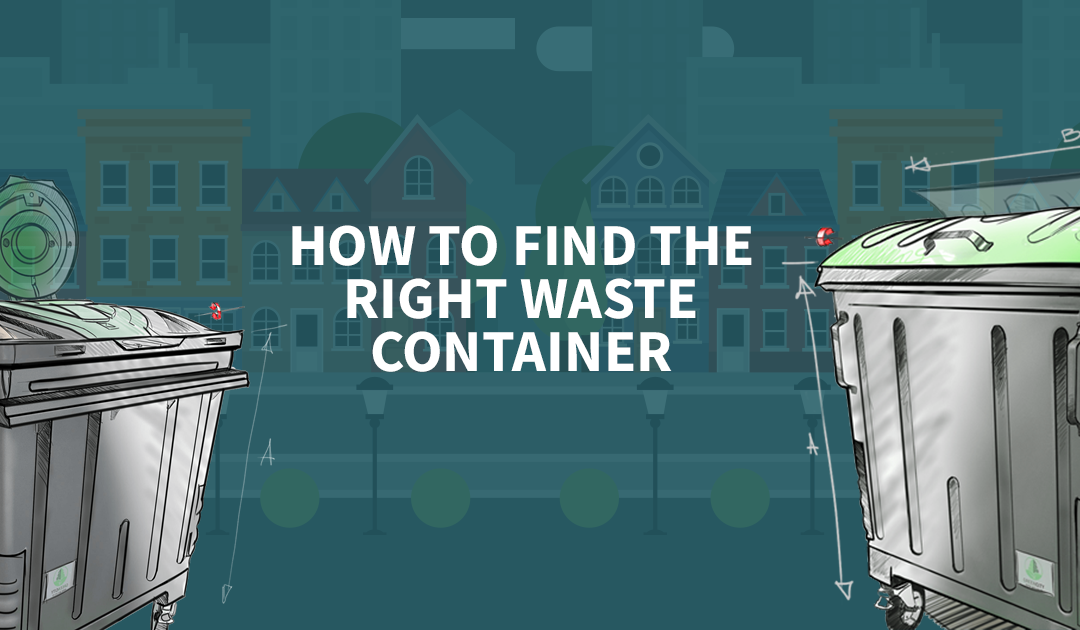Waste disposal is a serious matter no one actually thinks about until it turns into a serious problem, such as health threat or environmental hazard.
In order to prevent such outcome of irresponsible solid waste disposal, there are several precautionary measures to take right now with the idea of ensuring a better future for all. These are just some of them.
Upcycling and recycling
Upcycling refers to the re-use of goods we would have tossed otherwise. In most cases, upcycling does not even refer to re-using items ourselves, but can include forwarding them to other people who may find them useful and use them over again. Think of forwarding your old clothes to your younger siblings – that is upcycling.
Upcycling helps us start a chain of positive reaction and reduce waste production, thus decreasing consumerism and preserving the environment.
On the other hand, recycling involves disposing of waste so that it does not go into landfill but it is rather used in the production of new goods.
Many people do not recycle as they find it too difficult to sort materials out, or because they were simply not taught how to recycle. Also, waste containers intended for recycling may be located in difficult to reach places, far from the neighbourhood, or inaccessible for other reasons.
That is exactly why recycling, with waste containers better positioned in the neighbourhoods and significantly easier to reach, will gain popularity.
Green living
For quite some time, it seems like green living is the buzz word, but not many people know what is it about, and perceive it as something distant from them.
That is very likely to change, as many companies work hard towards popularising green living aspects, such as sustainability, environmentally friendly cotton production, organic food production, ecologically friendly waste disposal, biofuel production, using renewable energy sources instead of traditional non-renewable sources, reduction of waste production, etc.
Improved waste management equipment
You may think there is already enough waste management equipment, but that is not a reason enough not to work towards further improving it.
Depending on the materials, volume, production process and the intended use of individual waste container types, we could expect a further development in this area too. Steel litter bins, metal waste bins, galvanized steel bins, hot dip galvanized waste containers, wheelie bins, and many more, are already there, their production based on the needs of the past and present. However, considering the amount of waste we produce daily is on the rise, 1100 litre bins, 2400 to 3200 litre bins, may not be enough anymore, or would require further adjustments.
Improved waste management equipment should be the result of cooperation between engineers and scientists, manufacturers and state institutions, working together for one common cause – finding the best waste disposal solutions.
More waste management equipment manufacturers
With the change in product demand specifications, more manufacturers are likely to emerge – to satisfy the growing need for better waste disposal solutions.
Green City International is, at the moment, one of the companies working on the international level, and is particularly well positioned on the market in European countries ranging from Greece, Bulgaria, and Romania, to Serbia, UK, Russia, Holland, Italy, Spain and Portugal; in Asian countries (Saudi Arabia, UAE, Kazakhstan, Kyrgyzstan, Lebanon, Bahrain, Oman); even Argentina and Australia.
Better legislation
Many national and international organizations are there to make sure waste management equipment complies with the necessary health and safety standards and environmental management systems standards.
The International Certification Network (IQNet Association), YUQS, TÜV Rheinland from Germany, and CSI CERT from Italy, are just some of the certification networks operating on a global scale, and assuring the industry delivers high-quality products to the end users. They are members of international certification boards and specialised bodies, hence the certificates they award internationally weigh more than just single national certificates.
The future may bring closer cooperation of these certification bodies and the formation of new ones, with the aim of bringing new laws or improving the existing ones or organising them better. That way, when there is cooperation on an international level, standardisation functions better and its results are visible on a global scale.
Have you got any other ideas or suggestions on what could be smarter now for a better tomorrow in terms of waste disposal management? Share your ideas with us on our Facebook page!


Recent Comments